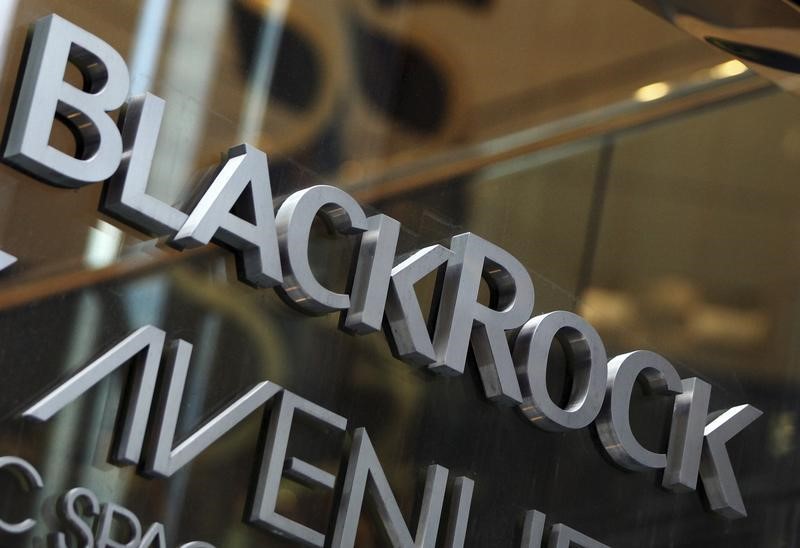By Jessica Toonkel
(Reuters) - BlackRock Inc (N:BLK) is on the prowl for energy and infrastructure projects in the United States, Mexico and Asia that its institutional clients can invest in, Mark McCombe, head of BlackRock's institutional business, said in an interview last week.
The asset manager, the world's largest, is trying to build a name for itself in private financing deals to attract and please yield-hungry clients such as U.S. pension funds, McCombe said. He sees particular opportunity now because banks that had funded those types of projects are constrained from doing so by post-crisis regulations.
Historically, BlackRock has invested in such deals through its fund of funds business, but direct deals give the company more flexibility in the kinds of projects it can invest in, rather than having to stick to the mandate of a fund, McCombe said. BlackRock is interested in bringing private equity ownership deals and private lending deals to clients.
"We are doing more direct deals so it means our name is going to be more prominent and hopefully people will see the name and approach us with more deals," said McCombe, 49, who is rumored by insiders to be one of a handful of contenders to lead the BlackRock when Chief Executive Larry Fink, 62, retires.
Last week, Halliburton (N:HAL) said it had tapped BlackRock for $500 million to help fund drilling in existing shale wells.
Earlier this year, BlackRock and private equity firm First Reserve took a joint equity stake in a $900 million pipeline project run by state-controlled Mexican oil company Pemex.
BlackRock also is looking for more deals in asset management technology, such as its investment in Symphony Communications Services Holding LLC, a Wall Street-backed digital marketplace for research and data..
Over the past two and half years, BlackRock said, it has raised $15.2 billion in commitments for such deals either directly or through its fund of funds business. The company declined to break out how much is in funds or invested directly.
These deals are a small part of BlackRock's alternatives business, which accounted for just 3 percent of the firm's assets under management, while generating 6.4 percent of the company's total revenue.
"We love energy and we love anything that has the characteristics of becoming too expensive for the banks to warehouse," McCombe said.
